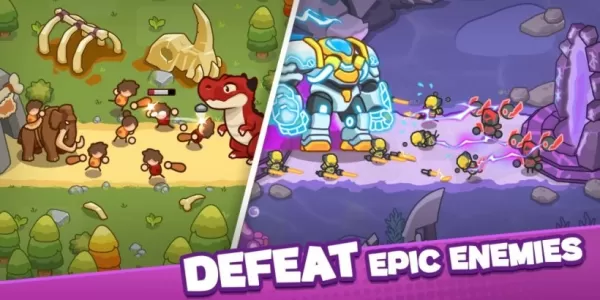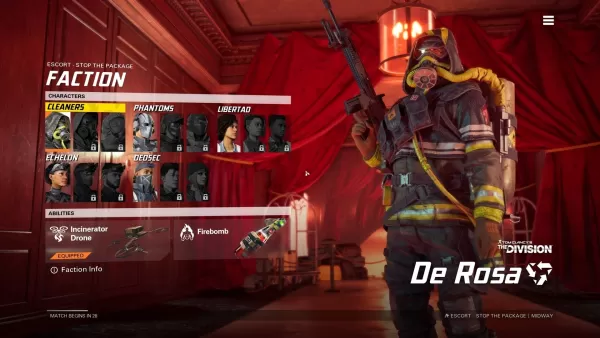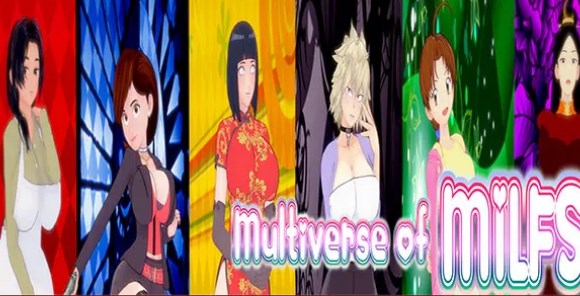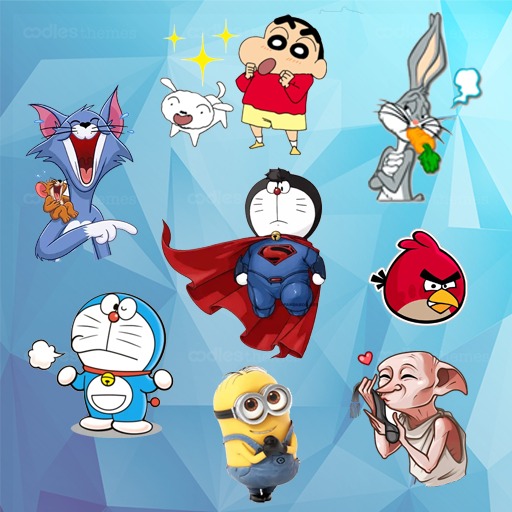The integration of artificial intelligence (AI) in video games has sparked significant debate among industry professionals, including notable figures like Yoko Taro, the director of the NieR series. In a recent interview with Famitsu, as translated by Automaton, a panel of Japanese game developers renowned for their narrative-driven games, including Yoko Taro, Kotaro Uchikoshi (Zero Escape, AI: The Somnium Files), Kazutaka Kodaka (Danganronpa), and Jiro Ishii (428: Shibuya Scramble), shared their perspectives on the future of adventure games and the role of AI.
Kotaro Uchikoshi expressed apprehension about the rapid evolution of AI technology, suggesting that AI-generated adventure games could become mainstream. He acknowledged that while current AI struggles to produce writing that matches human creativity, preserving the "human touch" in game development would be essential to differentiate from AI-generated content. Yoko Taro echoed these concerns, fearing that AI advancements might lead to job losses for game creators. He speculated that in 50 years, game creators might be relegated to roles akin to bards, highlighting a potential shift in the industry's landscape.
The discussion also touched on whether AI could replicate the intricate worlds and narratives crafted by these developers. Yoko Taro and Jiro Ishii agreed that AI could potentially mimic their creations, while Kazutaka Kodaka argued that AI would fall short of emulating the unique creative process of a human creator. He likened this to how other writers might mimic David Lynch's style, but Lynch himself could evolve his style while maintaining its authenticity.
Yoko Taro proposed using AI to generate new scenarios within adventure games, such as alternative routes. However, Kodaka pointed out that this approach might diminish the shared experience that games traditionally offer, as personalization could lead to fragmented player experiences.
The conversation around AI in gaming extends beyond this panel, with other industry leaders like Nintendo president Shuntaro Furukawa acknowledging the potential of generative AI in creative applications, yet also highlighting concerns about intellectual property rights. Companies like Capcom, Activision, Microsoft, and PlayStation have also been exploring and discussing the implications of AI in game development, reflecting a broader industry dialogue on this transformative technology.







![NULL [Remastered]](https://imgs.39man.com/uploads/71/1719651062667fcaf6c483b.png)








